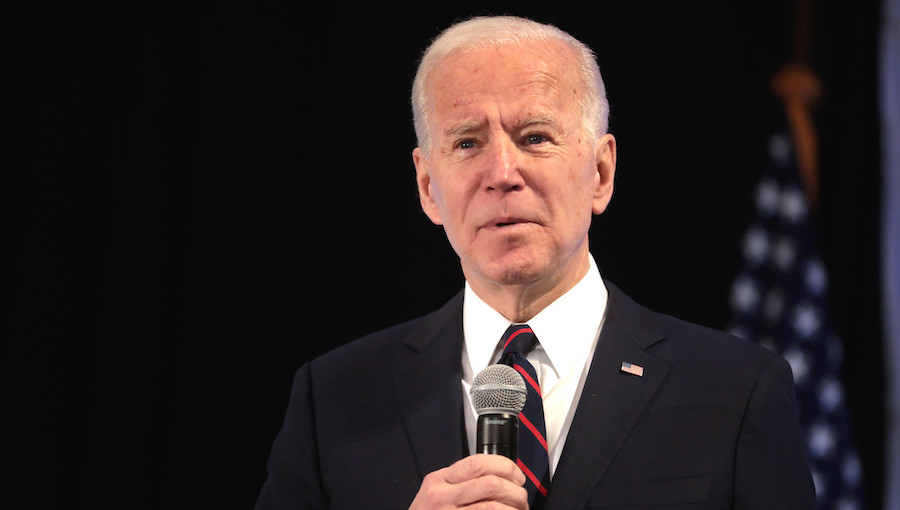
The Biden administration said it aims to support mining projects “ensuring these resources benefit the community, and creating good-paying, union jobs in sustainable production.”
“We can’t build a future that’s made in America if we ourselves are dependent on China for the materials that power the products of today and tomorrow,” Biden said at a White House event.
The president emphasized that new mines must benefit host communities, not damage the environment, and said he would not support new US mines unless “the historical injustices that too many mining operations have left behind” are avoided.
Related: New report reveals little ESG action at mine sites
Executive Order 14017, “America’s Supply Chains”, signed one year ago this week, ordered a review of vulnerabilities in America’s critical mineral and material supply chains within 100 days. Last June, the Biden-Harris Administration released its first supply chain assessment, which the White House said revealed the nation’s “over-reliance on foreign sources and adversarial nations for critical minerals and materials posed national and economic security threats.”
Meanwhile, the Pentagon has already awarded roughly $10 million to MP Materials, which controls the only US rare earths mine but depends on China for processing. Biden also announced a $35 million grant from the US Defense Department to MP Materials to process rare earths, which are used to make magnets found in consumer goods and weapons.
Biden and his predecessors have attempted to boost US output of lithium, rare earths and other strategic minerals while balancing opposition from environmental and indigenous groups.
Related: USGS publishes 2022 critical minerals list
Biden said this week that commercial lithium extraction could be possible in California’s Imperial Valley by 2026, the Desert Sun reported. Berkshire Hathaway Energy Renewables said at Tuesday’s event it will break ground this spring on a California facility to test sustainable ways to produce lithium from geothermal brines found underneath California’s Salton Sea and elsewhere.
But even as the president stresses the need to boost domestic production of critical minerals, his administration has blocked several proposed US mines, including the Pebble project in Alaska, Rio Tinto’s Resolution copper project in Arizona and Antofagasta’s Twin Metals project in Minnesota. It has also taken steps to slow down development of a lithium mine in Nevada from ioneer.
“Environmental protections are paramount,” said Biden. “We have to ensure that these resources actually benefit folks in the communities where they live, not just shareholders.”
To address environmental concerns, the White House said it would form a committee to recommend changes to the 1872 Mining Law, which has governed hard rock mining across much of the United States since the 19th Century.
In Washington, last fall, members of the Senate Committee on Energy and Natural Resources (ENR) came out in opposition of House Democrats’ attempt to change the mining law through a partisan budget process.
US mining companies have blasted proposals in Congress that would set royalties for copper, lithium and other minerals extracted from federal land, with executives saying the measures would hurt domestic production of the building blocks for solar panels, electric vehicles and other green technologies.
While Biden hasn’t said much said little about why his administration has blocked some mines while touting the need to boost domestic production of critical minerals, his comments on Tuesday were the clearest to date about the rubric administration officials deploy when determining whether or not to support a proposed US mining project.
“It’s my hope and my expectation that those communities … get the benefit of being able to be employed and being able to generate a living from what’s going to be happening and are protected environmentally,” Biden said.
(With files from Reuters)




